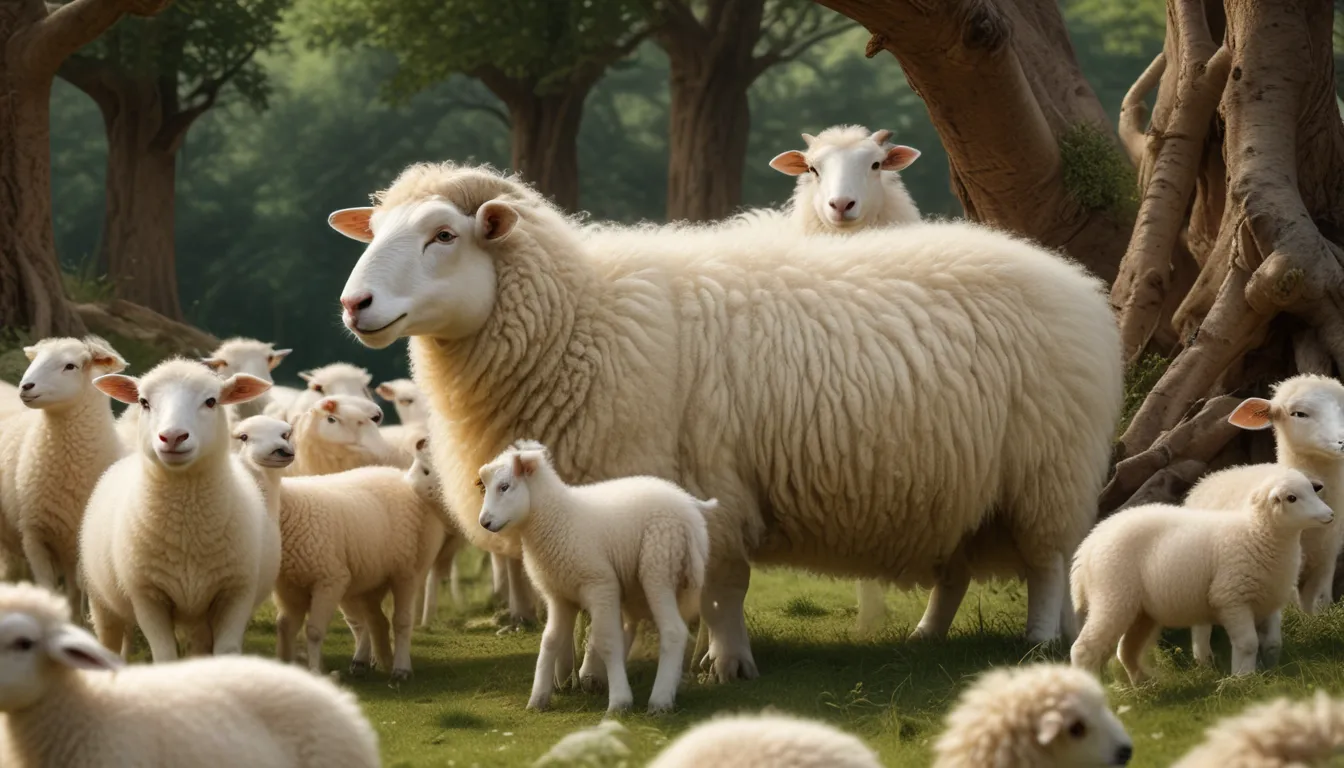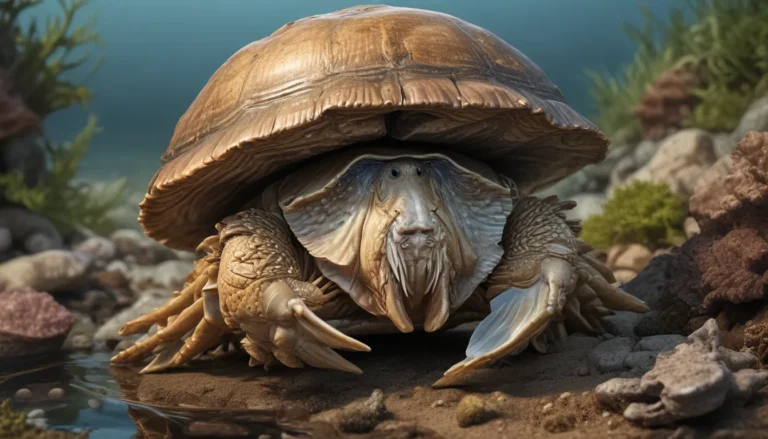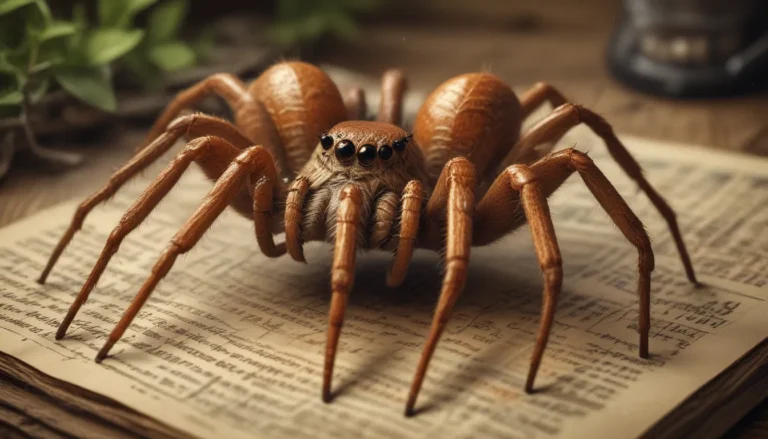The pictures we use in our articles might not show exactly what the words say. We choose these pictures to make you interested in reading more. The pictures work together with the words but don’t take their place. The words still tell you the important facts.
Sheep are more than just fluffy creatures grazing in the fields; they are remarkable animals with a rich history of partnership with humans. These gentle beings have provided us with wool, meat, and milk for thousands of years, making them invaluable to human civilization. Let's explore the intriguing world of sheep by delving into 11 fascinating facts that showcase their unique characteristics and behaviors.
Unveiling the Wonders of Sheep
Sheep possess incredible senses, memory, and social skills that contribute to their adaptability and awareness of their surroundings. Let's uncover the key takeaways from the world of these woolly wonders:
- Amazing Adaptability: Sheep have extraordinary senses and cognitive abilities that enable them to navigate their environment effectively.
- Historical Significance: Their contributions to human societies over millennia highlight their importance in various cultures.
- Unique Wool Characteristics: The diverse textures, colors, and qualities of wool make each fleece distinct and valuable.
The Sensorial World of Sheep
Hearing Abilities
Sheep have remarkable hearing abilities that allow them to detect even the faintest sounds. This acute sense of hearing helps them stay alert and responsive to potential threats in their environment.
Visionary Skills
With a panoramic field of vision, sheep can see almost 360 degrees around them without the need to turn their heads. This wide field of view aids in their survival by enabling them to spot predators from various angles.
Vocal Communications
Contrary to popular belief, sheep are not silent creatures. They communicate with a variety of sounds, ranging from gentle bleats to assertive calls, to convey messages of presence, danger, or distress to their flockmates.
Scent Detection
Sheep have a highly developed sense of smell that helps them detect predators, locate food and water sources, and navigate their surroundings effectively. Their sensitive noses can pick up scents from significant distances.
The Cognitive Abilities of Sheep
Memory Retention
Sheep possess an excellent memory that enables them to recognize familiar faces, places, and resources. They can remember the locations of food and water sources even after prolonged periods of time, showcasing their cognitive prowess.
Emotional Intelligence
Surprisingly, sheep can differentiate between human emotions by reading facial expressions and body language. This ability allows them to assess whether a person is friendly or threatening, highlighting their keen perception of human interactions.
The Social Nature of Sheep
Flocking Instinct
Sheep are inherently social animals that prefer to live in groups known as flocks. Their strong flocking instinct provides them with a sense of security and companionship, fostering cooperative behaviors and mutual support within the group.
Individual Recognition
Sheep have the capacity to recognize and remember individual flock members, distinguishing between familiar and unfamiliar companions. This ability to form social preferences and strong relationships contributes to the cohesion of the flock.
Foraging Expertise
Sheep are natural foragers with an innate ability to locate nutritious grazing spots. Their selective feeding habits help maintain pasture health and diversity by consuming various plant species strategically.
Exploring the Legacy of Sheep
Domestication History
Humans have domesticated sheep for thousands of years, utilizing them for their meat, wool, and milk. These domesticated animals have played a vital role in sustaining human societies across different cultures and geographical regions.
Appreciating the Essence of Sheep
In conclusion, sheep are not just animals; they are companions that have shared a profound connection with humans throughout history. From their foraging skills to their woolly fleece, sheep embody qualities that enrich our lives and ecosystems. Next time you encounter these woolly wonders, take a moment to acknowledge their significance and marvel at the mysteries of the animal kingdom.
Frequently Asked Questions
-
How long do sheep live?
Sheep typically live for 10 to 12 years, but well-cared-for individuals can reach 15 years or more. -
Can sheep recognize human faces?
Yes, sheep have remarkable facial recognition skills and can form lasting social bonds with humans. -
How much wool does a sheep produce?
The wool production of a sheep varies by breed, with averages ranging from 2 to 30 pounds per year. -
Are all lambs born white?
No, lambs can be born with various coat colors and patterns based on their breed. -
Can sheep swim?
While sheep can swim, their dense wool may pose challenges in staying afloat, leading them to avoid water when possible.
Sheep's exceptional abilities and historical significance make them enchanting creatures worthy of our admiration and respect. Dive deeper into the world of sheep by exploring their roles in entertainment media, such as the movie "Black Sheep" and the character "Shaun the Sheep." Each aspect offers a delightful glimpse into the captivating realm of these intelligent, social beings and their impact on our lives.
Conclusion
As we embrace the wonder of sheep, let us recognize their contributions to our world and celebrate the beauty of their existence. With each bleat and grazing step, sheep remind us of the interconnectedness of all living beings and the richness of the natural world. So, join us in appreciating these woolly wonders for their resilience, intelligence, and enduring companionship.






